August is a great time to forage. The weather is still warm but not so hot that you'll sweat your pants off. Plenty of ripe fruits and vegetables are to be found, and the flowers are blooming like crazy.
The best part about foraging in August is finding some really interesting stuff. Some plants will only grow in certain areas, so knowing where to look is important.
Dandelions

Guess who's back back back, back again again again? You can almost call September. The return of spring with some of our favorite wild edibles. Coming back for a second pass. As a reminder, all the dandelion is edible, with leaves, flowers, and roots.
Learn More: Foraging for Dandelions
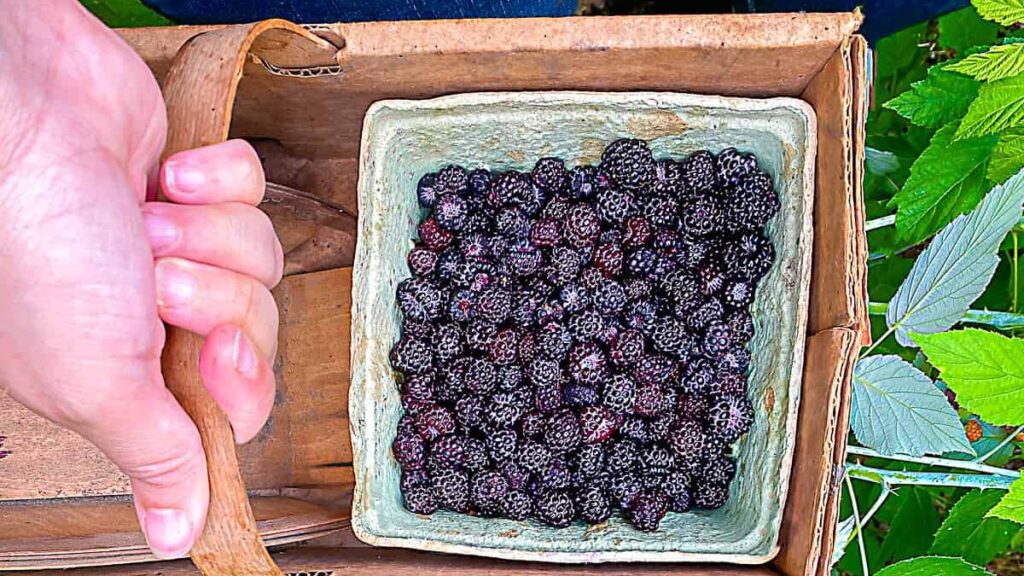
Raspberries: Wild raspberries can still be found in September, providing sweet and juicy fruits
Apples

Apples: Various apple varieties, including crabapples, are ready for picking in September. Many city streets are lined with crab apple trees. Look for wild apple trees and enjoy their delicious fruits.
Elderberries
Elderberries ripen in September and can be used to make syrups, jams, or elderberry wine. They are also known for their immune-boosting properties.
Nettles
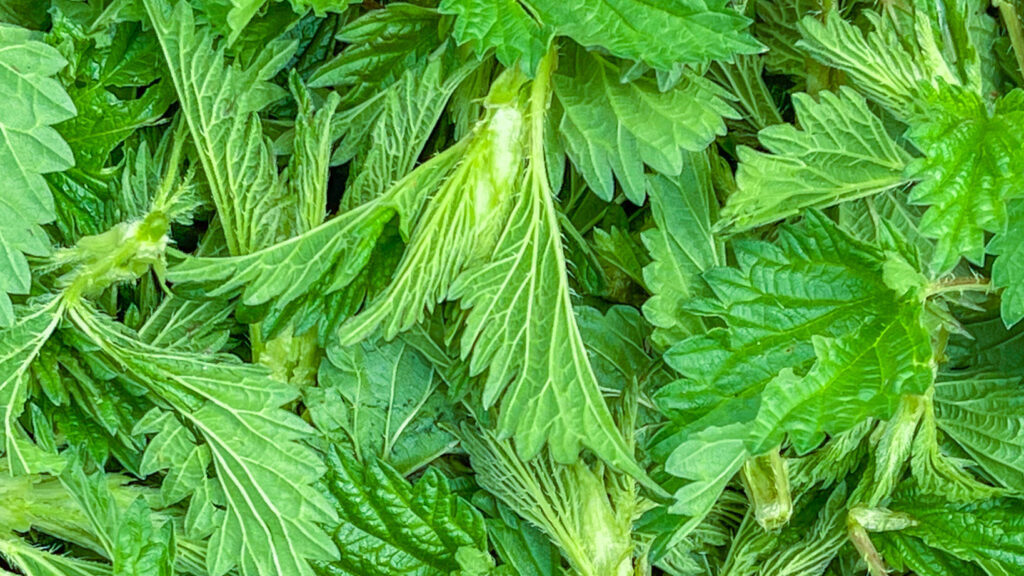
Nettles: While nettles are typically associated with spring, you can still find them in September. Harvest the young leaves to use in soups, stews, or teas.
Learn more: Foraging for Stinging Nettles
Chicory

Chicory: September is a great time to harvest chicory roots as a coffee substitute or an additive to coffee
Wild plums
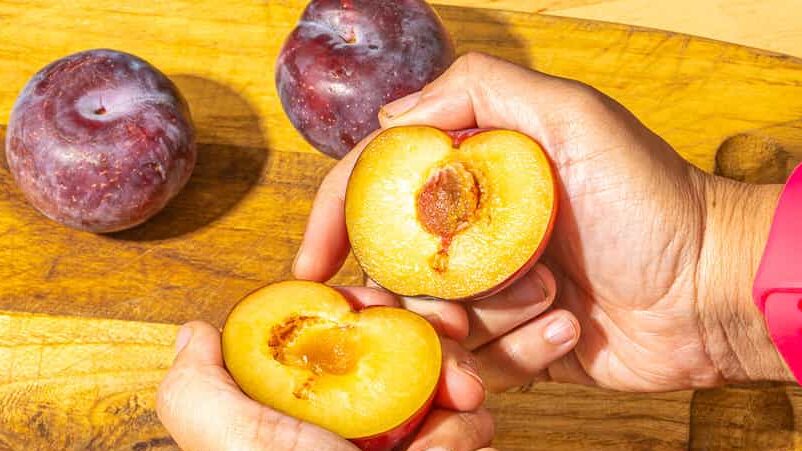
Wild plums: Keep an eye out for wild plum trees in September. The fruits can be eaten fresh, used in preserves, or made into delicious desserts.
Rosehips

Rosehips, the fruit of wild roses, are rich in vitamin C and can be harvested in September. They can be used to make teas, syrups, or jellies.
Learn more: How to make Rose Hip Tea
Hazelnuts
Hazelnuts: Look for hazelnut trees in September and gather the nuts once they have fully ripened. Roast them for a tasty and nutritious snack.
A word of caution

I am not an expert in botany and do not claim that all of these plants are safe to consume, so please consult a professional if you have any doubts about what you find.
Learn more: Tips for Foraging

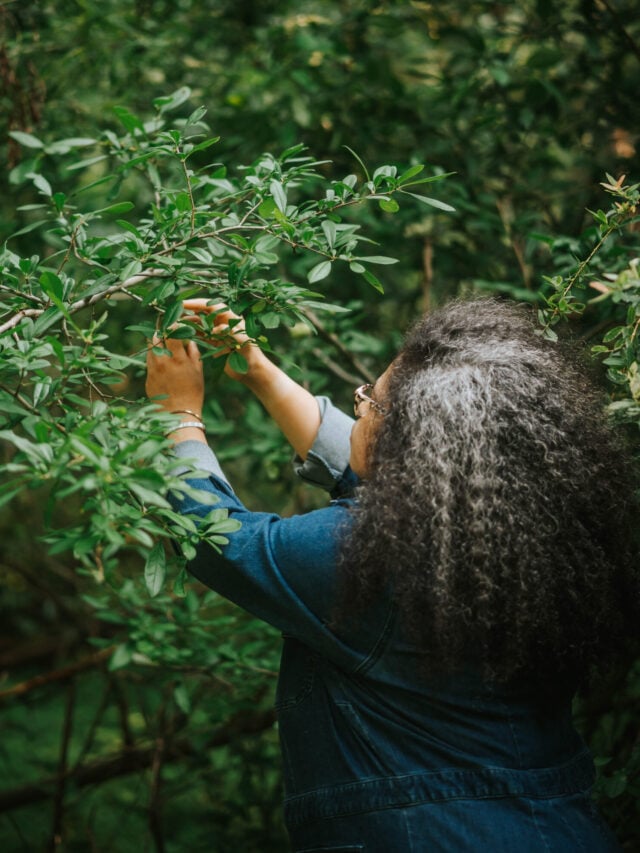
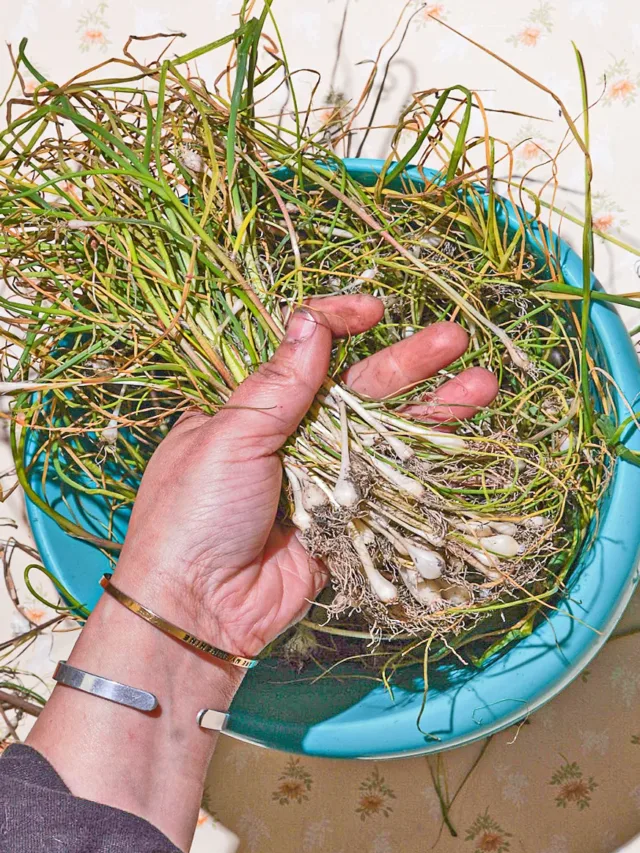



Comments
No Comments